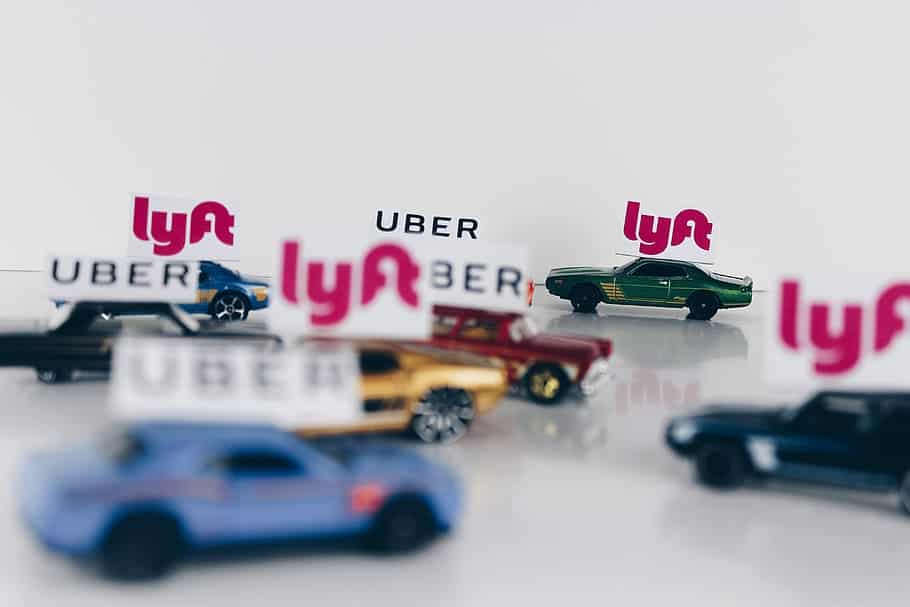Anita Alem is a student at Harvard Law School.
In today’s news and commentary: independent union Liga Sindical Obrera Mexicana wins against an employer-backed union in a critical vote near the United States-Mexico border; workers at Starbucks, Amazon and Trader Joe’s raise concerns over negotiating their first contracts with union-busting employers; and lawsuits allege Lyft uses worker misclassification to avoid sexual and physical assault liability.
On Wednesday, auto parts workers in Piedras Negras, Mexico, along the U.S. border, voted to join an independent auto union over the Confederation of Mexican Workers, a longstanding union that has been accused of being too company-friendly, in part because it is funded by the company. Liga Sindical Obrera Mexicana, the independent union, won 186 to 101, in an election that could signal a bright future for independent unions facing more corporate, employer-backed, and established unions.The workers produce parts for a Michigan-based manufacturing company that supplies carmakers such as Nissan and Tesla. Workers have expressed grievances regarding bonus hours, health and safety at the plant, and retaliation against workers who are in favor of the independent union.
The Guardian reported Thursday that from baristas at Starbucks to grocery retail workers at Trader Joes, workers are concerned that the new wave of unionizing may be stymied by union-busting employers who refuse to negotiate in good faith. While more than 200 Starbucks stores have unionized, Starbucks has not yet agreed to any contract terms and may try to have each individual store negotiate a contract, which could significantly delay negotiations. Amazon, too, has asked the NLRB to overturn the union election in what the union says is simply an attempt to delay contract negotiations. A lead organizer at Apple’s first unionized store, however, has said he is optimistic given Apple has been responsive to negotiations thus far.
Lyft drivers filed 18 new lawsuits and arbitrations across the country earlier this week, alleging that Lyft purposely misclassified employees as contractors to avoid having to provide legal workplace protections to its drivers, including to avoid liability for sexual and physical assaults perpetrated by customers against the platform’s drivers. Lyft itself has reported more than 4,000 claims of sexual assault from 2017 to 2019. The lawsuits come on the heels of a $8 million settlement with Uber for worker misclassification in California.






Daily News & Commentary
Start your day with our roundup of the latest labor developments. See all
March 3
In today’s news and commentary, Texas dismantles their contracting program for minorities, NextEra settles an ERISA lawsuit, and Chipotle beats an age discrimination suit. Texas Acting Comptroller Kelly Hancock is being sued in state court for allegedly unlawfully dismantling the Historically Underutilized Business (HUB) program, a 1990s initiative signed by former Governor George W. Bush […]
March 2
Block lays off over 4,000 workers; H-1B fee data is revealed.
March 1
The NLRB officially rescinds the Biden-era standard for determining joint-employer status; the DOL proposes a rule that would rescind the Biden-era standard for determining independent contractor status; and Walmart pays $100 million for deceiving delivery drivers regarding wages and tips.
February 27
The Ninth Circuit allows Trump to dismantle certain government unions based on national security concerns; and the DOL set to focus enforcement on firms with “outsized market power.”
February 26
Workplace AI regulations proposed in Michigan; en banc D.C. Circuit hears oral argument in CFPB case; white police officers sue Philadelphia over DEI policy.
February 25
OSHA workplace inspections significantly drop in 2025; the Court denies a petition for certiorari to review a Minnesota law banning mandatory anti-union meetings at work; and the Court declines two petitions to determine whether Air Force service members should receive backpay as a result of religious challenges to the now-revoked COVID-19 vaccine mandate.